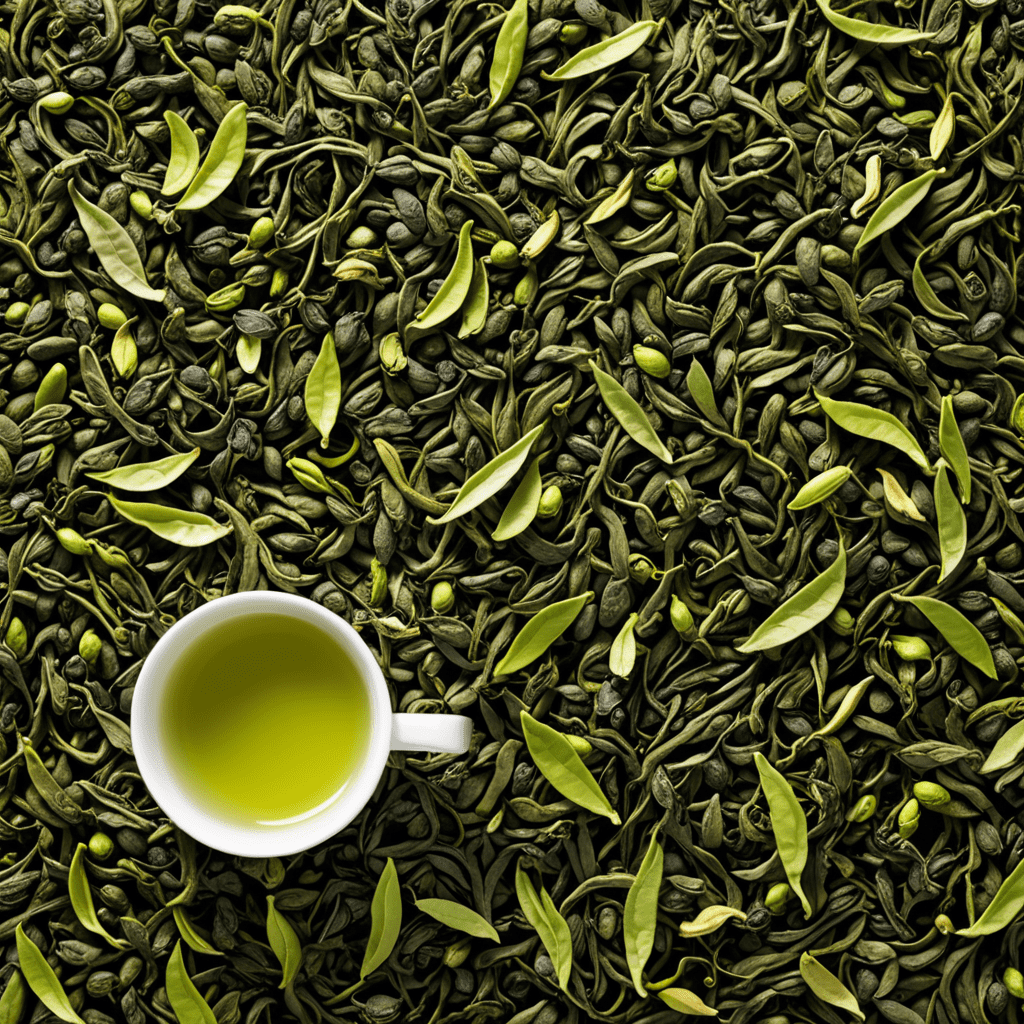How Long Does Green Tea Last in Your System?
Green tea is a popular beverage known for its various health benefits. Many people enjoy a warm cup of green tea for its soothing effects and antioxidant properties. However, have you ever wondered how long the effects of green tea last in your system? In this article, we will explore the duration of green tea’s effects on the body and how it can vary from person to person.
1. Absorption and Metabolism of Green Tea
Before we can discuss how long green tea lasts in the system, it’s important to understand how the body absorbs and metabolizes this beverage. When you drink green tea, the active compounds, such as catechins and caffeine, are absorbed through the digestive tract into the bloodstream. From there, they undergo various metabolic processes in the liver and other organs.
2. Duration of Caffeine Effects
One of the key components of green tea is caffeine, which is a natural stimulant. Caffeine is known to have a stimulating effect on the central nervous system, promoting alertness and reducing fatigue. The effects of caffeine in green tea can last for several hours, typically between 3 to 6 hours.
The duration of caffeine’s effects can vary depending on factors such as your metabolism, sensitivity to caffeine, and the amount of green tea consumed. It’s important to note that excessive consumption of caffeine can lead to side effects like insomnia, restlessness, or increased heart rate.
3. Influence of Catechins on Duration
Catechins are another group of compounds found in green tea that contribute to its health benefits. These antioxidants have been linked to various positive effects on the body, including improved cardiovascular health and reduced risk of chronic diseases.
While the effects of caffeine in green tea are relatively short-lived, the catechins can have a longer-lasting impact. The specific duration of catechin effects is less well-studied and can vary depending on factors such as dose, strength of the brewed tea, and individual metabolism. However, the effects of catechins can generally last for several hours, potentially even up to 24 hours.
4. Individual Differences and Tolerance
It’s important to remember that the duration of green tea’s effects can vary from person to person. Each individual has a unique metabolism and tolerance level for caffeine and other compounds present in green tea. Factors such as age, weight, overall health, and genetic variations can all play a role in how long the effects of green tea last in the system.
What might last a few hours for one person may last longer or have a different intensity for someone else. It’s always best to pay attention to how your body reacts to green tea and adjust your consumption accordingly.
5. Factors Affecting Green Tea’s Duration
In addition to individual differences, there are other factors that can affect how long green tea’s effects last in your system. These include:
- Dosage: The amount of green tea consumed can influence the duration of its effects. Higher doses may lead to longer-lasting effects.
Brewing process: The strength of the brewed tea can impact the concentration of the active compounds. Steeping the tea for longer or using more tea leaves can result in a higher concentration of caffeine and catechins.
Food intake: Consuming green tea on an empty stomach may lead to faster absorption and potentially shorter-lasting effects. Having green tea with a meal can slow down the release of active compounds and prolong their effects.
Frequently Asked Questions (FAQ)
Q: Does decaffeinated green tea have the same lasting effects as regular green tea?
A: Decaffeinated green tea has significantly less caffeine content compared to regular green tea. As a result, the lasting effects of decaffeinated green tea may not be as pronounced as those of regular green tea.
Q: Can green tea keep you awake at night?
A: Due to its caffeine content, consumption of green tea close to bedtime may interfere with sleep for some individuals. It’s recommended to avoid consuming green tea several hours before bedtime if you are sensitive to caffeine.
Q: Are the effects of green tea stronger if it’s consumed on an empty stomach?
A: Consuming green tea on an empty stomach may enhance the intensity and duration of its effects. However, this can also increase the likelihood of experiencing side effects such as stomach discomfort or nausea. It’s generally advisable to have green tea with a meal for a more balanced experience.
Q: Can green tea affect medication effectiveness?
A: Green tea contains compounds that can interact with certain medications, potentially affecting their effectiveness. It’s always recommended to consult with a healthcare professional if you have concerns about how green tea might interact with your medications.
In conclusion, the effects of green tea can last for several hours, with the caffeine lasting between 3 to 6 hours and the catechins potentially lasting longer, up to 24 hours. However, it’s important to remember that individual differences and various factors can influence the duration of these effects. By paying attention to your body’s response and adjusting your consumption accordingly, you can enjoy the benefits of green tea while maintaining a healthy balance.


